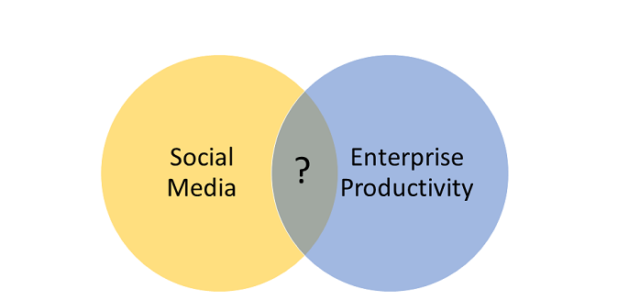As yet more evidence of the inexorable march of artificial intelligence (AI) into our lives is the news that it is now being used to identify the next superstar soccer player. Netherlands-based football analyst SciSports has embedded technology from leading analytics company SAS into its camera systems with the goal of using object detection to access player movements through 3D images.
The company advises and builds solutions to determine the influence of individual football players on team results, track player development, determine potential market value for players, as well as predict game results. By capturing footage in real-time, SAS’ AI technology can model player movements and that data can then be used to identify rising stars or undervalued players by benchmarking their performance against others in any given league.
For a leadership and talent development consultancy such as Rialto, as well as football fans in general, the story makes fascinating reading on several levels. Personally, I would welcome a piece of technology that would enable my team Arsenal to identify its next three seasons’ top goal-scorers and what ardent soccer fan wouldn’t?
With my professional hat back on, I have no doubt that data and analytics will play an increasingly important role in the future hiring decisions of organisations across the board. It is already being used to model behaviours and personality traits of top performers and benchmark potential new hires against them, as well as predict how they might perform in roles.
And it isn’t only about using such technology to find new talent but also applying it to create new products, services, processes and better ways of working.
But how prepared is UK plc for this brave new world that demands different mindsets, cultures and, of course, skills if we are to extract maximum value from the technology?New research published by SAS suggests that deeper organisational and societal issues as well as lack of data science skills and readiness means that despite significant hype around AI many businesses are some way off full implementation of such technology.
It seems the ethics of AI is still an issue in today’s workplaces, according to the Enterprise AI Promise study. More than half of respondents (55 per cent) believe the biggest obstacle of AI adoption is the possible impact it may have on human jobs, even though new roles will be created by this technology. Questions were also raised about whether robots and AI systems should have to work “for the good of humanity” rather than for the benefit of a single company.
Two-fifths (39 per cent) believe that there will be a fast “exponential adoption” of AI technologies while one fifth (19 per cent) of respondents admit they have no data science teams in place and are therefore ill-prepared. Moreover, one quarter (24 per cent) say they have no specific platform in place to support AI.
The not so little matter of trust also emerged as a major challenge. Half (49 per cent) highlighted cultural challenges due to a lack of trust in AI output as well as a lack of trust in the results of so-called “black box” solutions.Peter Pugh-Jones, head of technology at SAS UK & Ireland, stresses that being able to harness the power of AI technology will mean that businesses won’t just “survive” but will “thrive” in the future.
It is down to those in senior leadership positions to ensure that their organisations are firmly in the thrive rather than merely survive camp. Whether you are looking for a new goal-scorer like Neymar or a new sales director that is as good as your departing current top performer, it is vital to understand how technology can help you discover them.
Arrange a Conversation
Read more articles tagged:
AI, Featured







